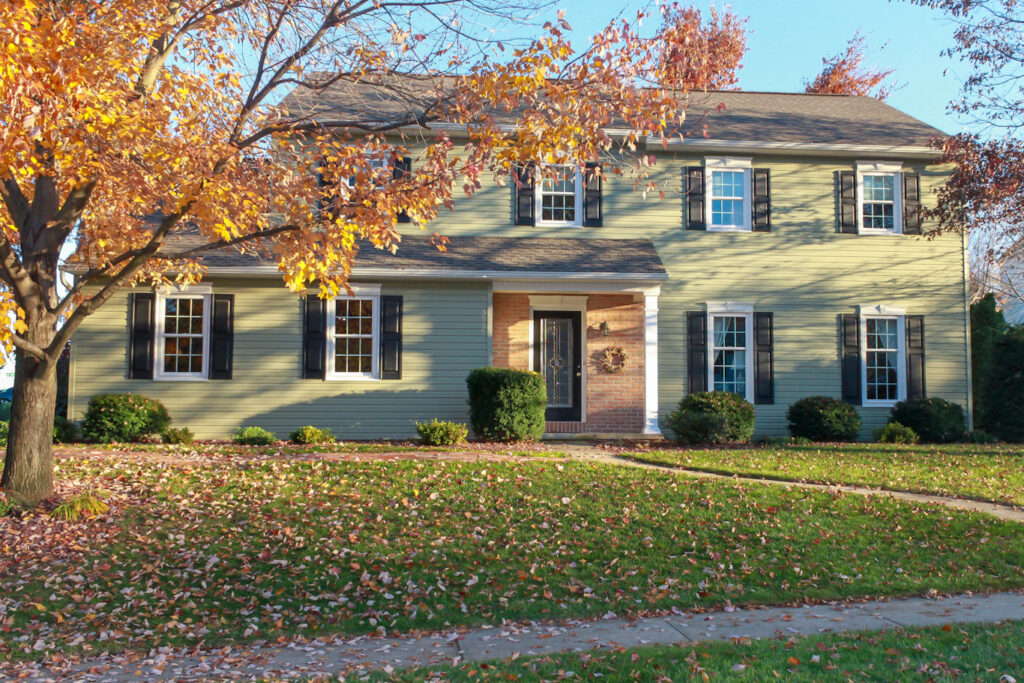
It’s beginning to be that time of year where you trade in your shorts and t-shirts for long pants and sweatshirts. Leaves are falling off the trees and the days are getting shorter – and colder. You begin to put away the air conditioning units in preparation for Winter, and crank up the heat, only to realize that it takes a long time to warm your home and the second you turn it off, you’re living in an icebox again. The constantly running heat is sending your energy bill skyrocketing and at the end of the day, your efforts to stay warm end in vain as you are still cold. While this may be an issue with your HVAC system, the problem may also lie in poor energy performance of your windows. Here are a few notes that will help make sure that your windows are prepped for this Winter or decide if it is time to replace your windows.
How Can I Increase Energy Performance With My Existing Windows?
When looking to increase your window’s energy performance, you should begin by conducting a thorough inspection. Some of the things you should look for are:
- Proper weather-stripping around the window. Weather-stripping plays a vital part in ensuring a proper seal when closed, keeping out bugs, dust and drafts, while preventing temperature loss within the home.
- Heavy drafts coming through the window. You can check for drafts by simply running your hand around the seams of the window and feeling for any air currents coming through.
- Glass Failures – Glass failures occurs when the seal between the glass panes and the window spacer is weakened. In a glass failure the gas between the panes escapes and your windows will not operate optimally. Glass failure is easily identifiable by seeing condensation or fogginess between the glass panes. If you happen to have a glass failure, it is best to reference your manufacturer’s warranty if applicable to see what your options are for replacing the failed glass unit.
One of the simplest and most overlooked ways to improve energy performance with your windows is to ensure that it is locked. Locking your windows can not only be a matter of security, but it also ensures that the window is tightly sealed and eliminates drafts. If your windows do not properly lock, make sure to consult with your window distributor to look into getting your window serviced.
The addition of a dark and heavy curtain hung on your window can help absorb any solar heat that passes through the window pane and help insulate your home. Thermal curtains are specifically designed with heat preservation in mind.
Condensation: What Causes it and is it an Issue With My Windows?
Condensation is when water vapor changes from a gaseous form into a liquid state. The process occurs when there is a sudden drop in temperature. Warm air is capable of holding higher amounts of water vapor and when it comes into contact with a cooler surface, the water vapor condenses changing into a liquid. This is the same process as when you take a hot shower and see a foggy mirror, or have a cold drink on a hot day and notice water beads on the outside of the glass.
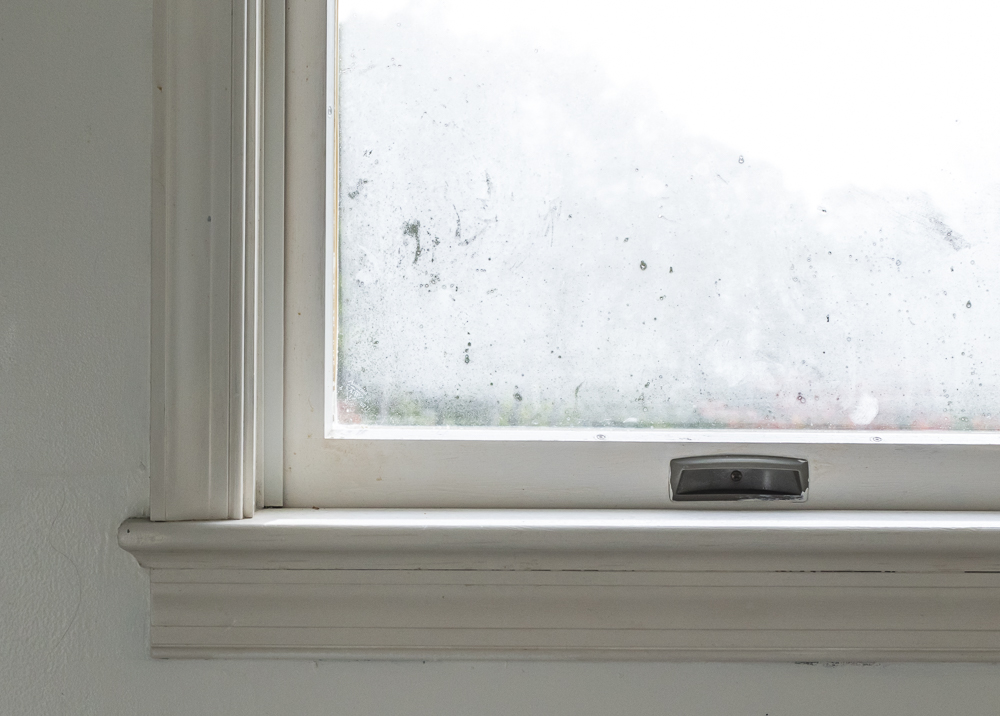
Condensation can occur on a window surface when the inside of the home is warm and humid and the outside temperature is much colder. If the condensation is occurring on glass surface on the inside of your home, this does not mean you have a faulty window, it is actually a clear indication that your windows are well insulated. If you are experiencing excessive condensation on your windows, try some of these tips to reduce the amount:
- Monitor your indoor humidity level – Using a device such as a dehumidifier can significantly reduce indoor humidity levels to limit the amount of condensation.
- Keep the rooms that are experiencing high amounts of condensation well ventilated – If a specific room in your home is experiencing high amounts of condensation, make sure to ventilate the space frequently. This can be done by simply opening windows and doors to allow for air to circulate, turning on ceiling fans or by using ventilation systems.
- Upgrade your old single pane windows to double pane with low-e and an argon gas fill — Double pane glass with a low emissivity coating (or low-e glass) with an interior argon fill have significantly better performance in regard to insulation. The Low-e coat reflects much of the sun’s inferred energy back outwards while allowing visible light to enter the home, this greatly reduces window condensation. Based on NFRC 500 testing results for condensation resistance, our numbers concluded a significant performance increase in condensation resistance when using low-e glass and an argon fill over windows without it.
While condensation on the inside or outside of the window is a natural occurrence, condensation in between glass panes can be an indication of a glass failure.
How Do I Know if I Need to Replace My Windows?
There comes a time when you need to decide whether your windows are performing well, or you need to upgrade to replacement windows. While most modern windows have an estimated lifetime of 20+ years, that was not always the case and many older properties are experiencing outdated, deteriorating windows that are at the end of their lives. In many cases, these windows are experiencing air leaks and water infiltration, seal failures, outdated and damaged hardware, or decay (most commonly found in wood products). When contemplating replacing your current windows, the decision making process should begin with a simple window examination similar to the one outlined above.
One of the first things you should look for is air leakage. Spaces in between your window sashes and frames not only let air in and out of the home, but sound and potentially rain/ moisture and insects as well. If you are relying on hanging plastic film over your window to compensate for air leakage, you should look into replacement windows. If you happen to have a glass failure as previously described, you may need to replace your window dependent on if your window is covered by a warranty.
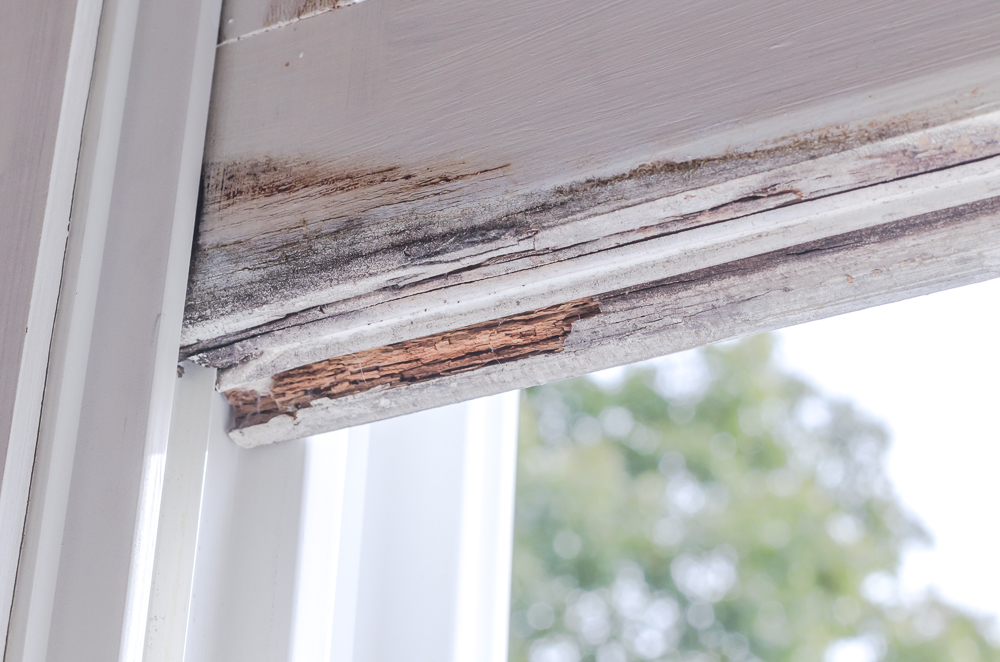
Window Decay – usually more prevalent in wooden windows – is another issue to keep an eye out for. When wooden frames are exposed to moisture, the wood tends to break down. With the presence of moisture comes the growth of mold, which if left unattended can lead to serious health issues.
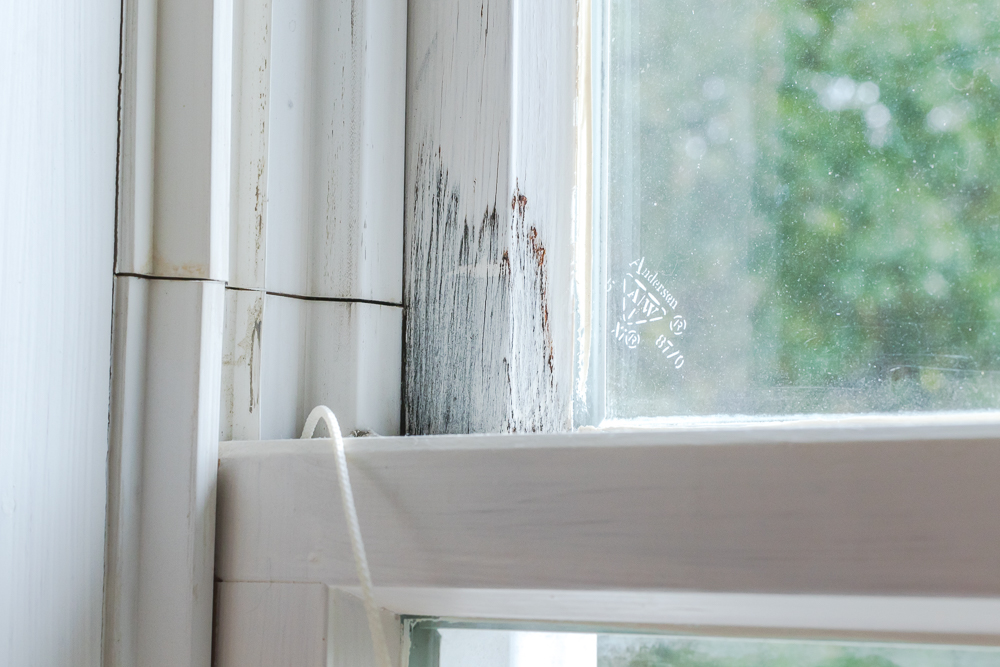
Issues with window operation. Windows are meant to add to the properties’ aesthetic appeal, allow entrance of natural light and dependent on the window type, have the ability to vent the property. If your window has issues with the way it is designed to operate, you should first refer to the manufacturers’ warranty to see if your window is covered. If possible, have your window looked at by a service professional. If none of these solutions help, it may be time to look into replacing your windows.
Moving Forward, Which Replacement Windows Should I Consider?
Choosing replacement windows for your home may seem like a difficult choice, but it does not have to be! Today’s vinyl windows are highly customizable and come in a wide variety of colors and styles with a multitude of added features. Vinyl windows are highly durable and require minimal maintenance. With exceptional energy ratings, laminates that realistically resemble natural wood, and the ability to compliment any style home, choosing vinyl windows is the go-to for replacement windows. Contact us today and ensure that your home is comfortable for you and your loved ones this Winter.
Additional Resources:
Condensation on Windows – Better Business Bureau

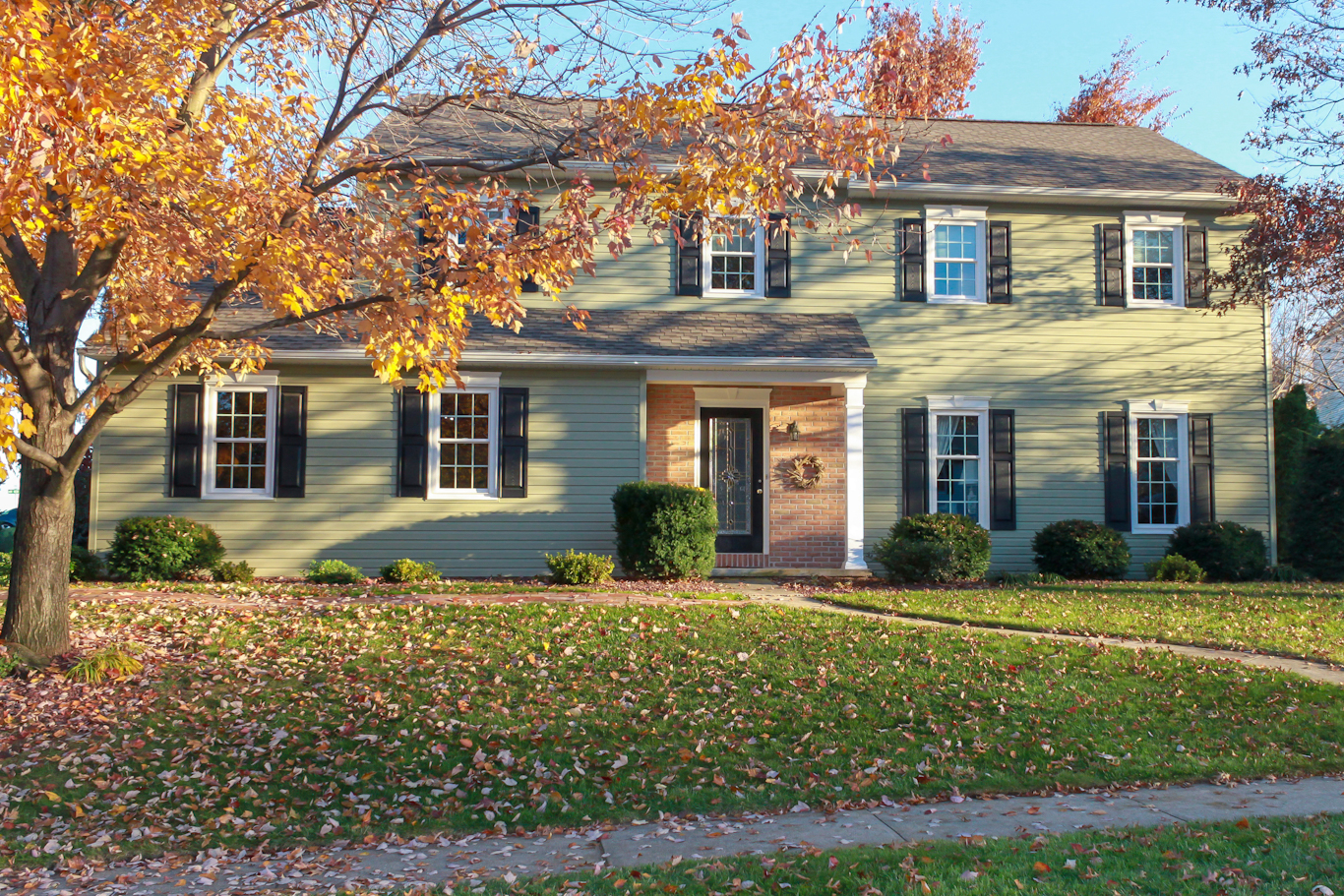
0 Comments